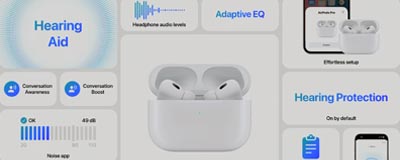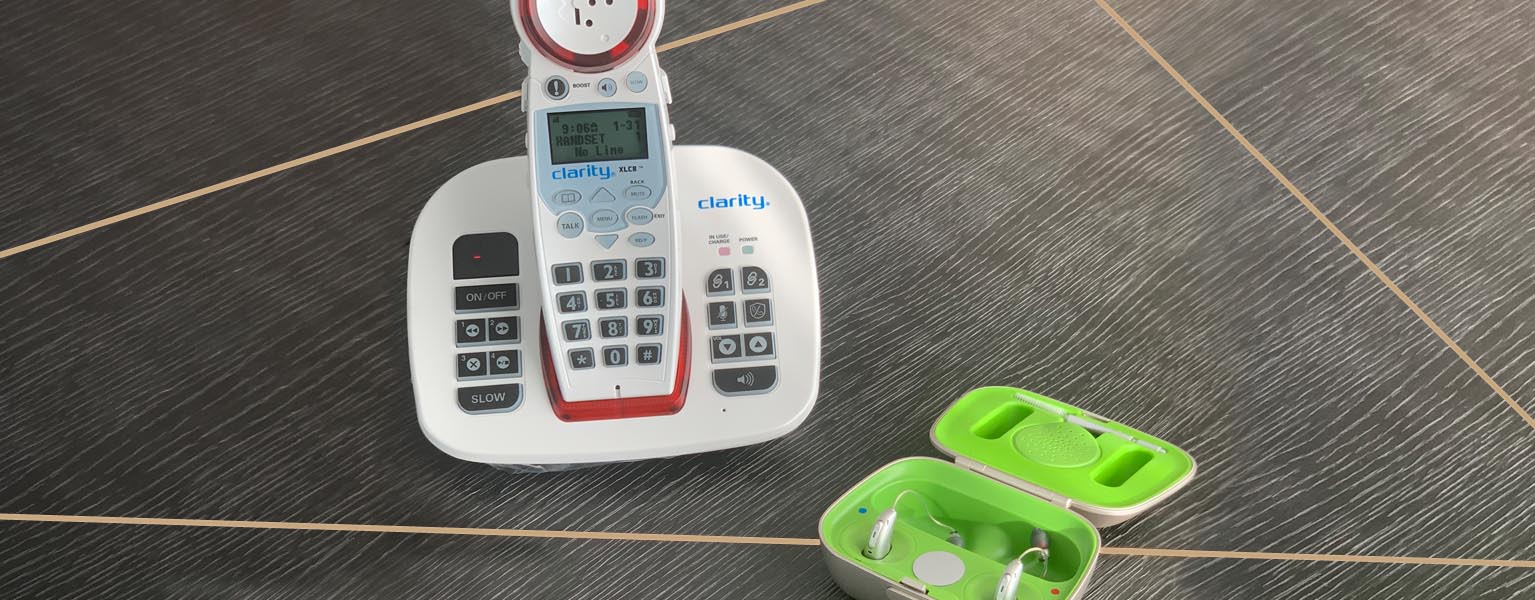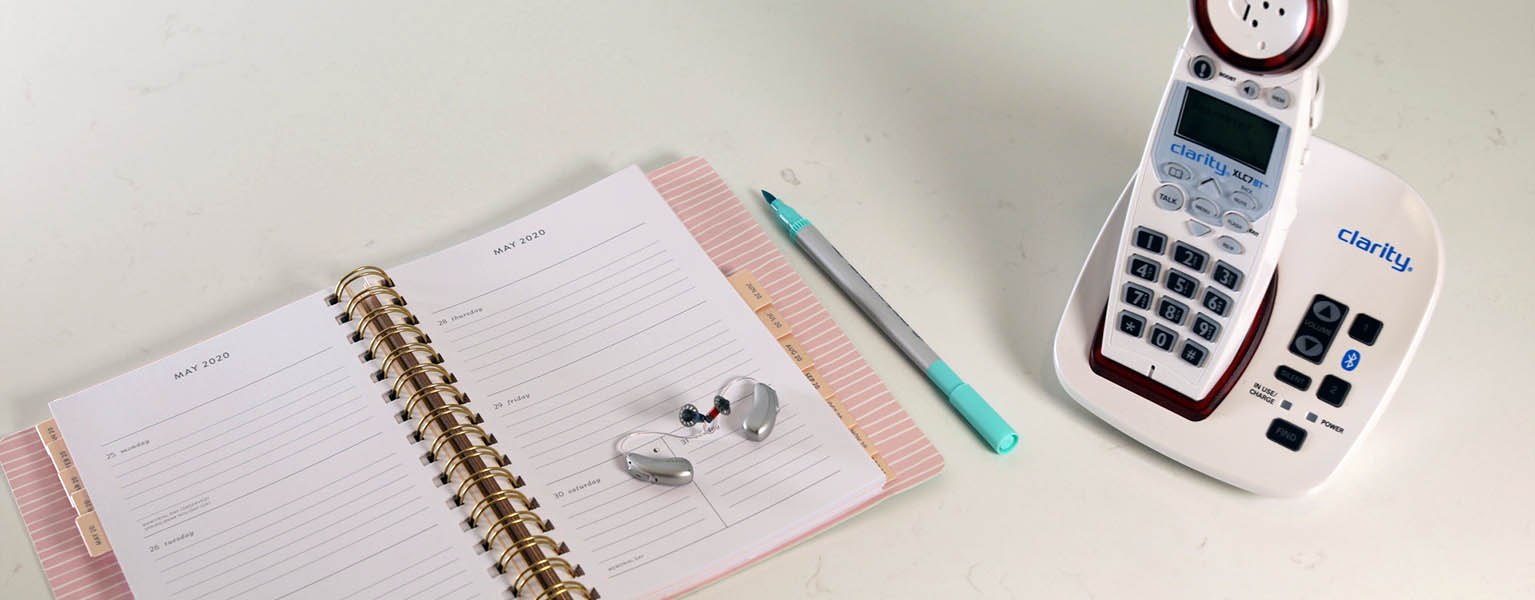Assistive Listening Devices
TV Listening Systems
Disrupting others with the TV volume at max will be a thing of the past.
Amplified Telephones
Make phone calls louder and clearer with an amplified phone.
Alerting Systems
Offering the hard of hearing additional safety and security at home.
Assistive Listening Devices
Hearing aids are the most common solution used to address hearing loss, but there are situations and circumstances when hearing aids don’t provide enough help or aren’t the right kind of help.
Assistive listening devices (ALDs) provide those who aren’t quite ready for hearing aids, for whatever reason, with the extra help they need to hear and communicate better, while enhancing the hearing experience for those who use hearing aids.
Along with fitting and programming hearing aids and their ongoing support, Davidson Hearing Aid Centres also makes assistive hearing technology available to further help with specific needs for hearing aid wearers and those without hearing aids alike.
Frequently Asked Questions about Assistive Listening Devices
Q. How do Assistive Listening Devices work?
A. An Assistive Listening Device is an amplifier that brings sounds directly into the ear. They separate speech from noisy backgrounds (or environments with poor acoustics, such as echoing) by improving what is known as “speech to noise ratio” by minimizing background noise so that those with hearing challenges, and other speech and language disorders, can understand speech more clearly as well as enhance the use of certain devices such as your television or telephone.
Q. What are some of the common Assistive Listening Devices?
A. Common Assistive Listening Devices include:
- Personal Listening Systems (PLS) – used for one-to-one conversations in automobiles, meeting rooms, restaurants, etc. and are the most common type of assistive listening device for auditory processing disorders in classroom settings.
- TV Listening Systems – used to help improve sound from your TV, radio or stereo by eliminating interference from surrounding noise or the need to use excessively high volume.
- Amplified Telephones – can be used by hearin gaid users or simply those who find they are having a bit more difficulty hearing on the phone. Not only do they amplify the voice on the call, but they also can imprive the clarity of the speech. Further to that, some models even offer a slow speech mode which provides additional time to catch all of the sounds.
- Cell Phone Assistance – allows the user to pair their cell phone to their hearing aids by using Bluetooth technology for a “hands-free” experience and greater binaural (both ears) hearing clarity.
- Alerting Systems – provide safety and security for those individuals (with or w/o hearing aids) who are not able to hear important alarms and signals.
- Tinnitus Masking Devices – produce white noise or other sounds to limit the effects of tinnitus and help with tinnitus management.
Q. Who uses assistive listening devices?
A. The ideal candidate for an ALD may experience hearing challenges, such as:
- Straining to hear conversations, especially in a noisy environment
- Frustration or fatigue from engaging in conversation
- Can’t hear the television and radio at a volume that is comfortable to those around them
- Believe that loved ones and friends are mumbling
- The need to ask others to repeat themselves
- Responding to others at a louder volume or shouting during normal conversation
- Hear better with one ear than the other one
- Jumbled together words during conversation
- Those diagnosed with auditory processing disorder (APD)
Many of the above issues are also early warning signs of hearing loss. Before choosing an ALD system, consider a comprehensive hearing assessment.
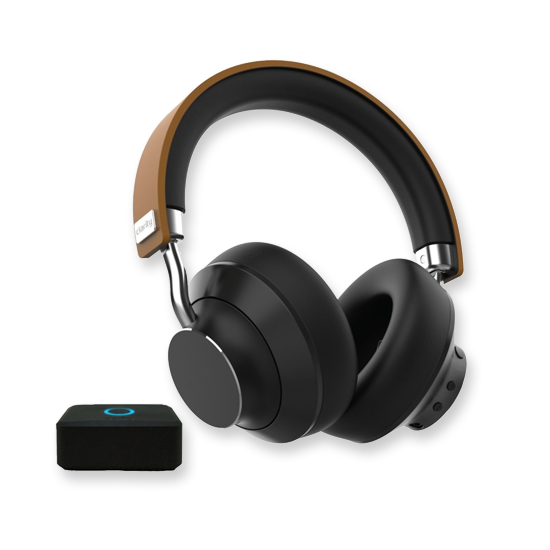
TV Listening Systems
There are many different times when a TV listening system is the best solution. By directing the sound directly into your ears, you can eliminate echo and reverberation, improving sound clarity.
Some of the newer systems have digital noise filtering capabilities to further accentuate the speech sounds and reduce the annoying background, allowing the rest of the household to enjoy watching television at a comfortable volume.
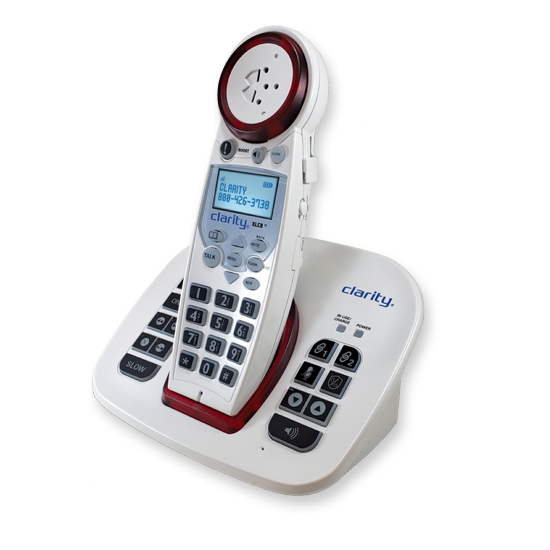
Amplified Telephones
With a reduced frequency range, no visual cues and only hearing with one ear at a time, hearing on the telephone can be quite challenging. Hearing aids can help, but for those with more pronounced hearing losses, oftentimes the use of an amplified telephone provides greater improvement in telephone conversations. The latest amplified telephone models have several unique features to make it easier for you to hear clearly.
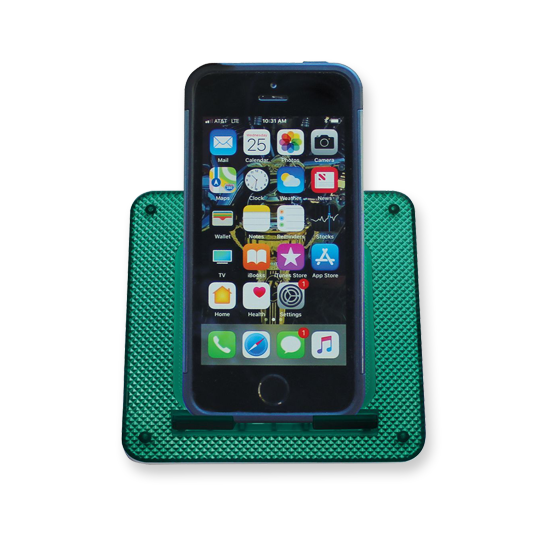
Alerting Systems
Alerting systems offer safety and security for those individuals who are not able to hear important alarms and signals. Used by individuals with or without their hearing aids, the alerting systems we have available are customizable to suit your needs.
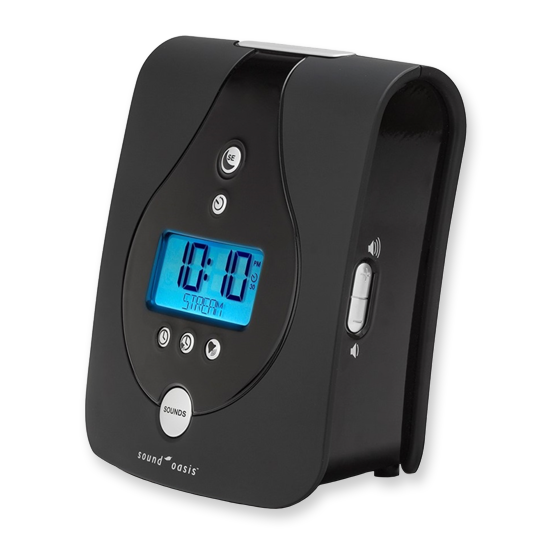
Tinnitus Maskers
Whether it is for helping you fall asleep or to create a peaceful ambient environment for working, these sound generators can significantly reduce the impact of your tinnitus and help facilitate your tinnitus management strategies.
Request a Callback
Whether you’re concerned about your hearing or a loved one’s hearing, it can be an overwhelming and confusing position to find yourself in. With so much conflicting and contradictory information available online, it can be confusing to know who to trust.
The good news is that we’re here to help.
If you have a question or would like some no-obligation professional advice, then simply complete this form and a member of our team will call you to answer your questions and offer you friendly support.
Remember, there’s no such thing as a silly question!
Assistive Listening Device Information On Our Blog
Apple Announce Hearing Aid Features for AirPods – Will This Come To Canada?
On September 9, 2024, Apple hosted their annual September Keynote virtual event to unveil their latest products. Although we are always interested...
Clarity XLC8 Phone
Ring, Ring: Pick Up the New Clarity XLC8 Phone If you saw our Clarity XLC7BT blog post a few months ago, you know that we were absolutely thrilled...
Clarity XLC7BT Phone
The Long-Awaited Landline for Marvel Hearing Aids Whether it is just in case of an emergency, nostalgia for the phone number you have had for years,...

